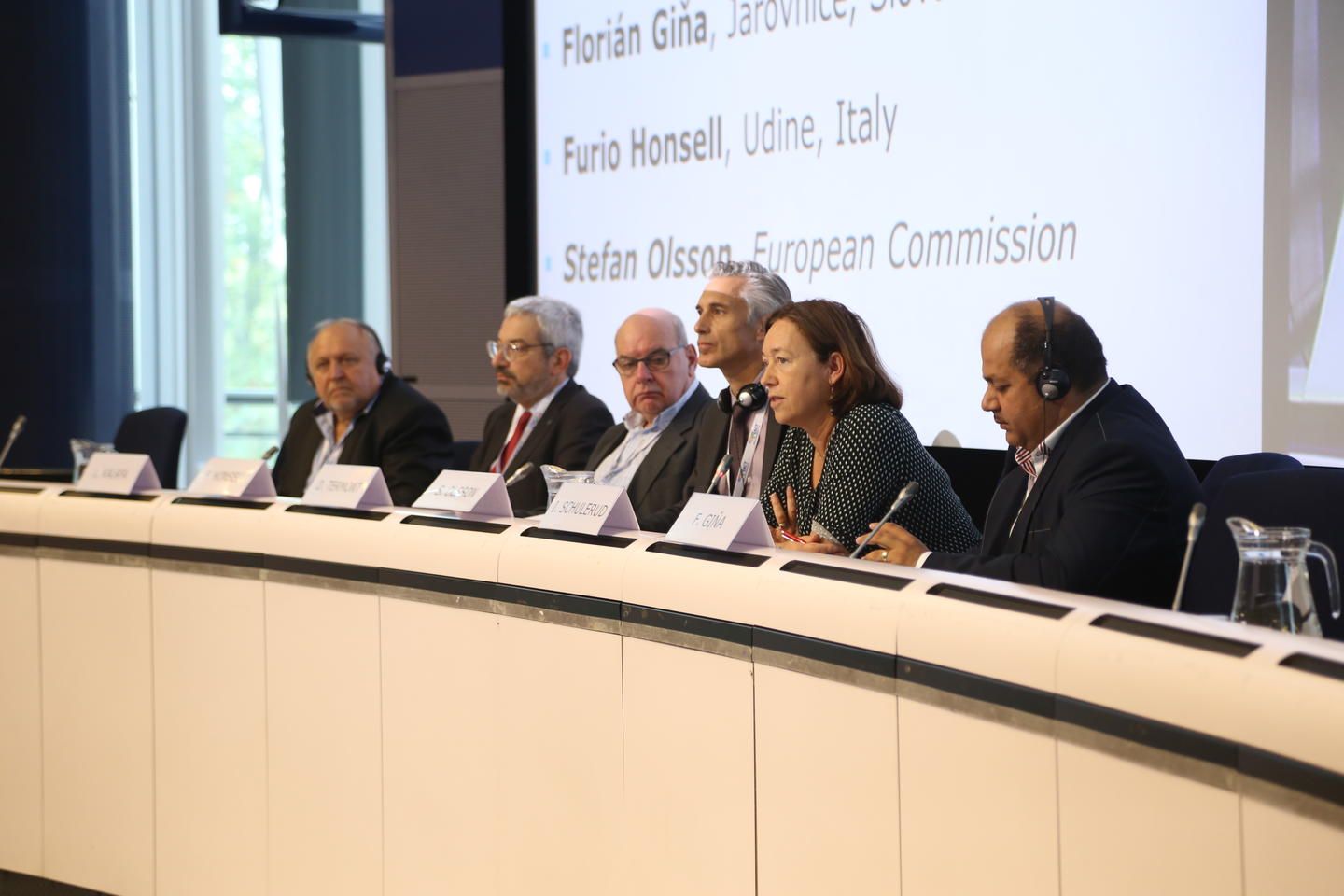The ROMACT programme, launched in 2013 by the European Commission and the Council of Europe, aims to assist mayors and municipal authorities cooperating with local Roma communities to develop policies and public services inclusive of all, including Roma. The programme currently operates in around 40 municipalities in Bulgaria, Hungary, Italy, Romania, and Slovakia.
The conference served as a platform for reflecting on the progress made during the programme’s first year. Mayors and other representatives of local authorities and organisations shared their experiences and discussed both the successes and the challenges they have encountered in their work.
The European Commissioner for Employment, Social Affairs and Inclusion Mr László Andor attended the conference with a clear message on the importance of engaging actors on the local level. "Roma inclusion can only be achieved through national efforts combined with action at local level,” he explained. “This is why the EU supports local authorities in designing and implementing Roma integration projects and in applying for EU funding, through programmes such as ROMACT."
Roma inclusion is a primary concern to the EEA and Norway Grants. Norway was represented at the conference by Ambassador Ingrid Schulerud from the Ministry of Foreign Affairs, who underlined the links between funding given from the Grants and initiatives supported under the ROMACT programme. She emphasized that more cooperation between the national and local authorities is key to achieving results in the beneficiary states. Schulerud also pledged that “it is time to shift the focus from supporting individual projects to triggering sustainable social change on the ground”.
Read more about the ROMACT programme
Read more about the support to Roma inclusion under the EEA and Norway Grants
Read more about EEA and Norway Grants projects promoting Roma inclusion
